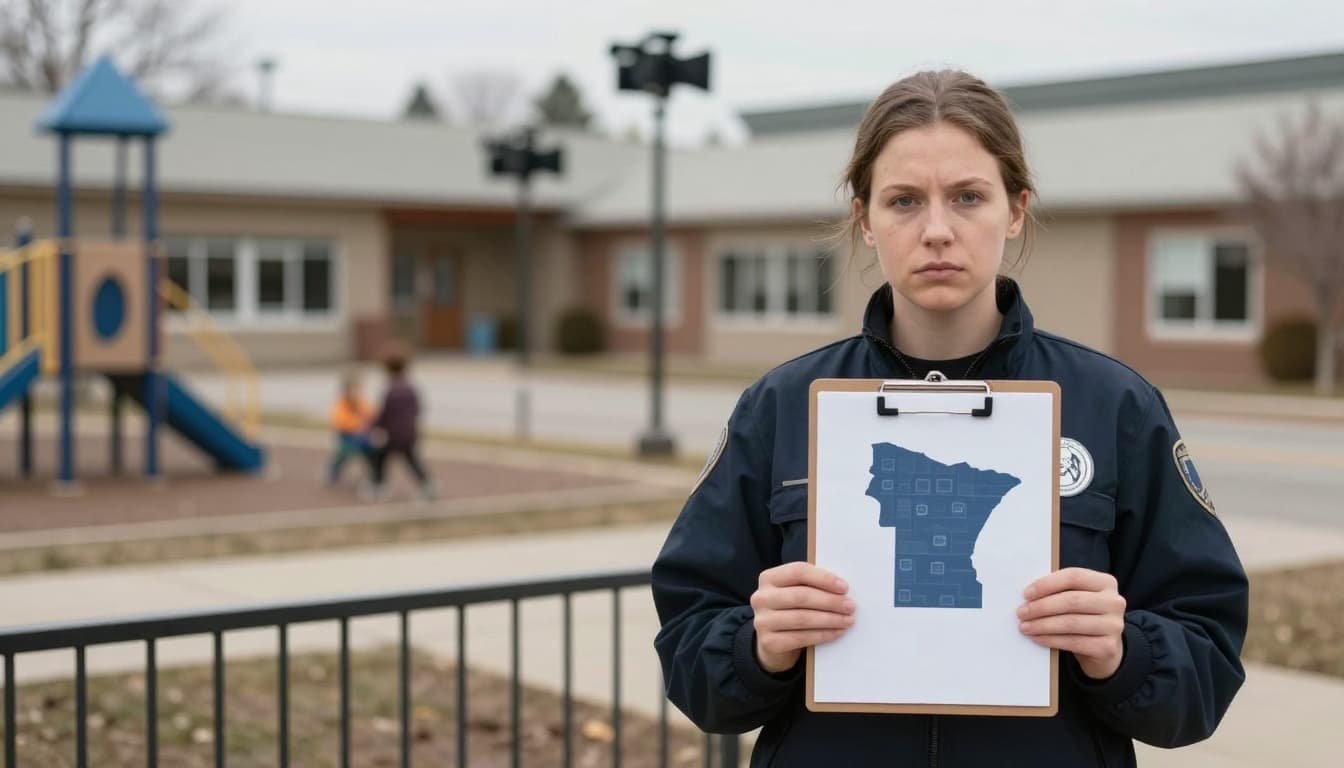LA signed binding agreements, secured venues, and built a complex web of public‑private commitments. Here’s why an exit isn’t on the table, what’s protected, and how cost risks are managed.
The commitments LA already made
Los Angeles won the Summer Games with a bid built on existing stadiums and a promise to limit new construction. That pitch is now a set of binding agreements with the International Olympic Committee (IOC), state partners, and venue owners.
- Host City Contract: sets legal duties, delivery standards, and timelines.
- Government assurances: state and local support letters for security and operations.
- Venue use agreements: bookings at major arenas and stadiums across LA County.
- Sponsor and broadcast obligations: brand, ticketing, and media rights frameworks.

Contracts and guarantees explained
Olympic host contracts are strict. They lock in deliverables and penalties if the city fails to meet them. LA’s deal also includes state backstops and insurance layers.
- IOC obligations: ceremonies, sports program, athlete services, media facilities.
- Force majeure: limited carve-outs for events beyond control, not financial preferences.
- Public guarantees: commitments around security, transport, and certain costs.
- Private delivery: LA28 organizing committee manages most operations outside policing.
In practice, “backing out” would breach multiple agreements, trigger claims, and risk long-term reputational damage.
Venues, housing, and legacy plans
LA pitched a “no white elephant” model. The plan uses stadiums, arenas, and campuses already operating in the region.
- Stadiums and arenas: NFL stadium, NBA/NHL arenas, college venues, and tracks.
- Temporary builds: modular seating, overlay, and pop-up competition spaces.
- Athletes’ Village concept: uses university housing and existing residential capacity.
- Transport: upgrades to transit lines and event-specific traffic plans.

Money, insurance, and risk control
The financial plan is designed to be privately funded through sponsorships, tickets, hospitality, licensing, and broadcast-related revenues, with public agencies focused on security and city services.
- Organizing budget: led by LA28, tied to commercial revenue and cost controls.
- Insurance layers: event cancellation, liability, and contingency coverage.
- State backstop: a cap-limited guarantee if extraordinary overruns occur.
- Cost design: heavy use of existing venues and temporary builds to avoid mega projects.
This reduces, but does not eliminate, risk. Inflation, labor, and security needs can raise costs. That is why the plan uses contingency funds and phased procurement.
What happens if plans change
Large events evolve. A venue can shift sports, or timelines can move. The Host City Contract allows adjustments, but the city must still deliver the Games.
- Sport relocations: events can move between pre-approved venues in the region.
- Schedule tweaks: session times adapt for broadcast and transport needs.
- Scope changes: require IOC approval and budget review.
Exiting the Games would trigger legal disputes and major financial claims from partners and vendors. That is why officials emphasize delivery, not withdrawal.
Key milestones to 2028
- 2025: finalize venue overlays, test event calendar, and security command structure.
- 2026: volunteer program launch, ticketing phases, and partner activations.
- 2027: test events at scale; transport rehearsals; finalize ceremonies logistics.
- 2028: overlay installation, athlete arrivals, and Game-time operations.
Frequently asked questions
Can LA legally back out?
Not without breaching contracts and facing significant penalties. The agreements are designed to ensure delivery.
Who pays if there are overruns?
LA28’s revenues cover the organizing budget. Insurance and a state backstop may address extraordinary gaps, subject to limits and oversight.
Will new stadiums be built?
No major new permanent stadiums are planned. The strategy uses existing sites with temporary additions.
What protections exist for taxpayers?
Reliance on existing venues, private revenues, insurance, and capped guarantees are intended to reduce taxpayer exposure.
Key takeaways
- LA is contractually committed to host the 2028 Olympics.
- The plan uses existing venues, private funding, and insurance to manage risk.
- Backing out would carry steep legal and financial consequences.
To contact us click Here .







